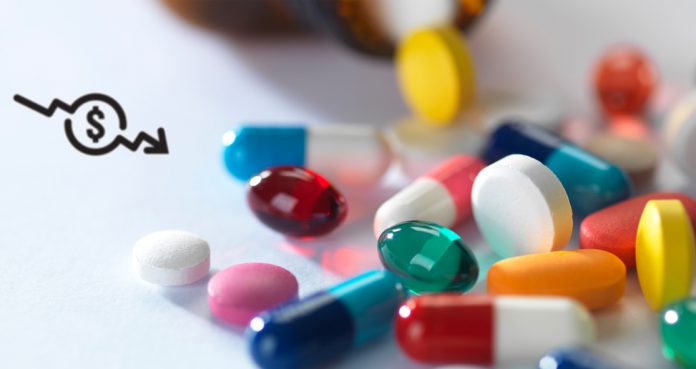In the latest bidding round under China’s bulk-buy program on Friday, pharmaceutical companies and generic drugmakers across the world slashed prices by nearly 53% on some of their off-patent drugs.
The national bulk-buy program has been pushed forward by Beijing, where drug manufacturers have to undergo an intense bidding process and lower their drug prices to an extent where generic drugs could be sold at public hospitals and medical centers through large-volume government procurement.
As China expands the program’s usage, some of the global pharma companies, such as AstraZeneca and Merck, have already warned about increasing pressure on the prices of their mature brands.
The latest bidding involved 122 companies and 33 drugs. Bayer chopped off the price of its popular diabetes drug Acarbose to 0.18 yuan ($0.0262) per pill, which is nearly 78% lower than the price ceiling set by the government in December 2019. This shoved some Chinese generic providers out of the bidding.
Publishing the preliminary results after the bidding, the authorities said, “Products that won bids in this round of centralized procurement saw a huge price drop, which squeezes out unreasonable overpricing that has existed in drug distribution for a long time.”
“Sale prices of over 100 types of commonly used drugs are on average about 17 to 18 times of their manufacturing costs,” it added.
Chinese generic drugmakers won bids for most of the 33 drugs, including generic versions of popular drugs such as Zytiga (prostate cancer drug) and Cialis (erectile dysfunction drug).
In the bidding, 60% of the centralized government procurement volume can be shared among the winners for products with two bid winners, while 80% of the volume can be shared among the drugmakers for products with four bid winners. Global pharma companies, inducing Eli Lilly and Sanofi, managed to slash their prices to an extent where local generic drugmakers were offering in the first round of the bulk-buy program that took place in September.





















